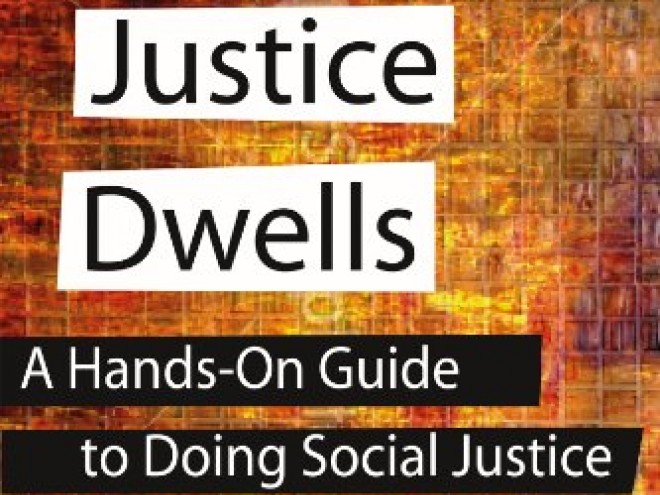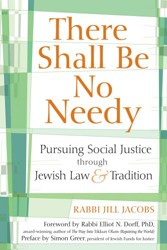June 17, 2014
How can Jewish values inform our work to create a just world — and help us work together for the good of all communities?
“Somehow, most Jews have decided that being a ‘good Jew’ means adhering to rituals such as Shabbat, kashrut, and prayer. But the word halakhah, generally translated as ‘Jewish law,’ literally means ‘the way to walk.’ Rather than a limited set of ritual laws, halakhah represents an all-encompassing way of life.” —from Chapter 1
“Somehow, most Jews have decided that being a ‘good Jew’ means adhering to rituals such as Shabbat, kashrut, and prayer. But the word halakhah, generally translated as ‘Jewish law,’ literally means ‘the way to walk.’ Rather than a limited set of ritual laws, halakhah represents an all-encompassing way of life.” —from Chapter 1
Jewish tradition compels us to protect the poorest, weakest and most vulnerable among us. But discerning how to make meaningful and effective change through social justice work — whether in community or on your own — is not always easy. This guide provides ways to envision and act on your own ideals of social justice by helping you navigate through such issues as:
- Creating a narrative mission statement that reflects your organization’s values
- Balancing the needs of your community with those of other communities
- Weighing the pros and cons of various models of social justice work (direct service, advocacy, investment and community organizing)
- Expanding the impact and efficiency of your work
- Locating your social justice goals and methods within the context of Jewish tradition
- Maintaining the motivation and inspiration to continue your social justice work





